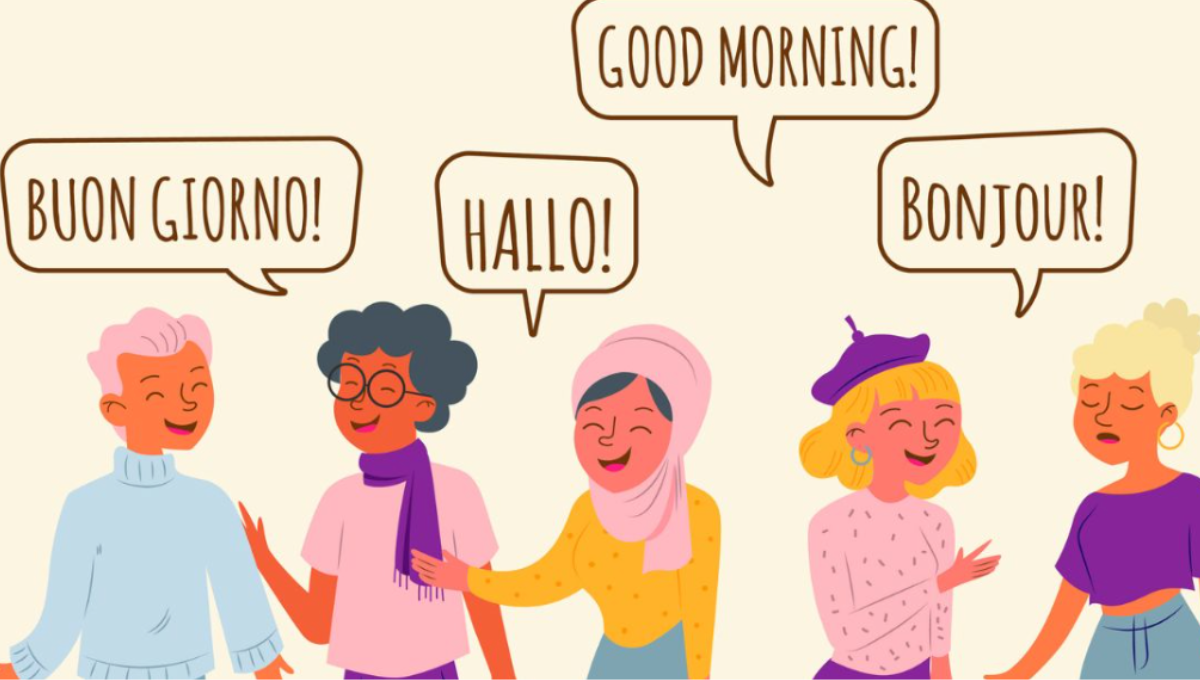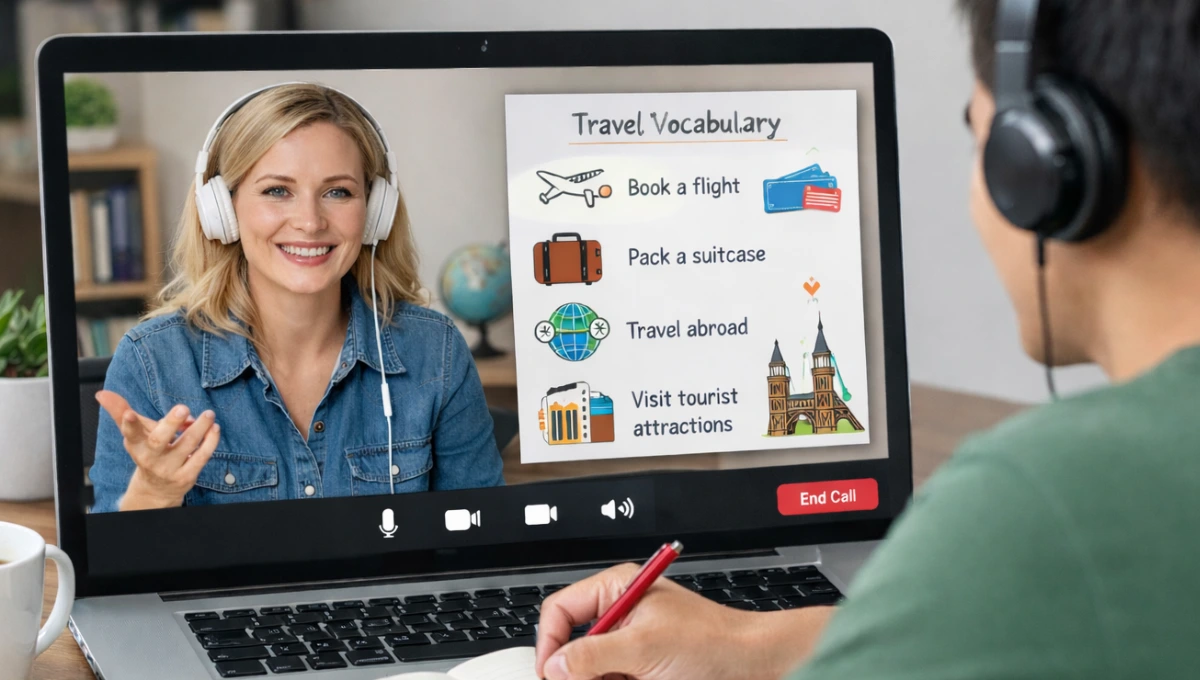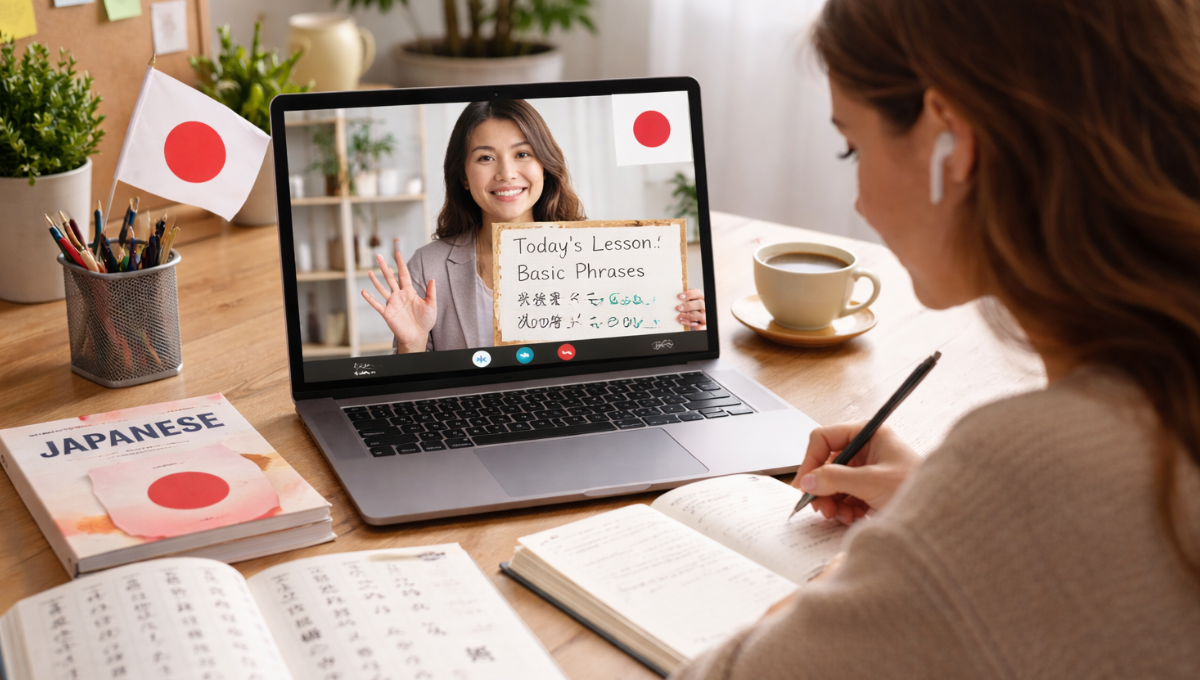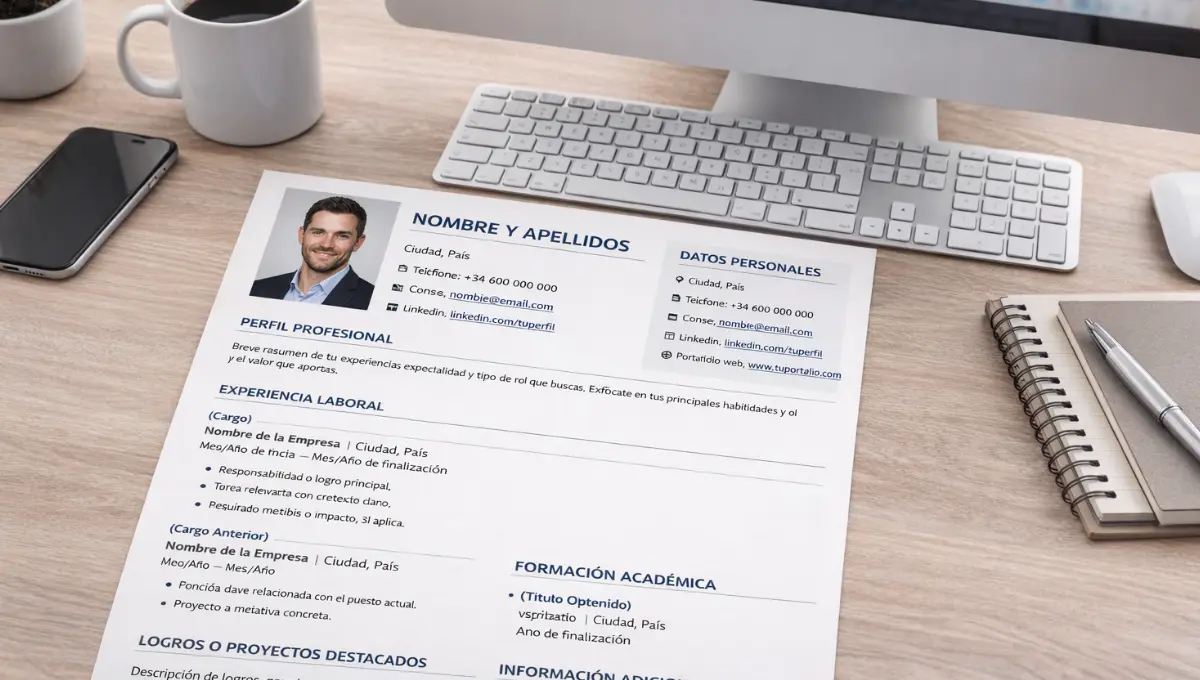When traveling to Thailand or engaging with Thai culture, one of the first phrases you’ll want to learn is “thank you.” It’s a small but essential part of everyday interactions that reflects Thai society’s deep-rooted values of politeness and respect. The phrase for “thank you” in Thai is “ขอบคุณ” (khop khun).
This blog will explore the cultural significance of expressing gratitude in Thailand, the nuances of saying “thank you” in different contexts, and how you can learn Thai effectively through italki, a renowned global language learning platform.
Basic Ways to Say “Thank You” in Thai
There are several phrases to express gratitude in Thai, depending on the level of formality and the context in which you’re speaking. Here’s a breakdown of the most common expressions:
| Thai Phrase | Transliteration | English Translation | Usage |
| ขอบคุณ | Khop Khun | Thank You | A general expression of gratitude, suitable for most situations. |
| ขอบคุณมาก | Khop Khun Maak | Thank You Very Much | Used when you want to emphasize your gratitude. |
| ขอบพระคุณ | Khop Pra Khun | Thank You (Formal) | A formal way to say thank you, often used with elders or in formal situations. |
Adding politeness particles
In Thai, politeness is an integral part of the language. Adding polite particles to the end of a sentence can change the tone and level of respect shown. For men, the particle is “ครับ” (khráp), and for women, it is “ค่ะ” (khâ). Here’s how you can modify “thank you” phrases to be more polite:
| Thai Phrase | Transliteration | English Translation | When to Use |
| ขอบคุณครับ | Khop Khun Khráp | Thank You (Polite, Male) | Used by men to add politeness in everyday situations. |
| ขอบคุณค่ะ | Khop Khun Khâ | Thank You (Polite, Female) | Used by women to add politeness in everyday situations. |
| ขอบคุณมากครับ | Khop Khun Maak Khráp | Thank You Very Much (Polite, Male) | Used by men to express extra gratitude politely. |
| ขอบคุณมากค่ะ | Khop Khun Maak Khâ | Thank You Very Much (Polite, Female) | Used by women to express extra gratitude politely. |
| ขอบพระคุณครับ | Khop Pra Khun Khráp | Thank You (Formal, Polite, Male) | A formal and polite thank you used by men, often in professional settings. |
| ขอบพระคุณค่ะ | Khop Pra Khun Khâ | Thank You (Formal, Polite, Female) | A formal and polite thank you used by women, often in professional settings. |
Cultural nuances of saying “Thank You” in Thai
| Cultural Aspect | Explanation |
| Using the Wai | A traditional gesture of respect involving placing your palms together in a prayer-like fashion while bowing. |
| Tone and Context | The tone of voice and context in which you say “thank you” can affect its meaning and reception. |
| Respect for Elders | More formal language and gestures are used when expressing gratitude to elders or superiors. |
| Gratitude Beyond Words | Actions often accompany words to show deeper gratitude, such as offering gifts or assistance. |

Thanking in different situations
Thai people place great emphasis on the social hierarchy, and the level of respect shown in language and gestures should match the social standing of the person you are interacting with. Here’s how to say “thank you” in different situations:
| Situation | Appropriate Thank You Phrase | Usage Tips |
| Casual Interaction | ขอบคุณ (Khop Khun) | Use this with friends, peers, or in informal situations. |
| Expressing Extra Gratitude | ขอบคุณมาก (Khop Khun Maak) | Use when someone has gone out of their way to help you, showing a deeper appreciation. |
| Formal Interaction | ขอบพระคุณ (Khop Pra Khun) | Suitable for formal settings, like meetings or speaking with someone in authority, like a teacher or elder. |
| Customer-Client Scenario | ขอบคุณครับ/ค่ะ (Khop Khun Khráp/Khâ) | Often used in service situations, such as politely thanking a waiter or shopkeeper. |
| Public Speech or Announcement | ขอบพระคุณครับ/ค่ะ (Khop Pra Khun Khráp/Khâ) | Used when formally thanking a group of people or during a public speech. |
Variations of “Thank you” based on the situation
How you say “thank you” might vary depending on the context. Here are some examples of how to tailor your expression of gratitude to fit different situations:
| Context | Example Thai Phrase | English Translation | Additional Notes |
| To a Close Friend | ขอบใจ (Khop Jai) | Thanks (Informal) | “Khop Jai” is a more informal way of saying thank you, typically used with friends or those younger than you. |
| Receiving a Gift | ขอบคุณสำหรับของขวัญ (Khop Khun Samrap Khong Kwaan) | Thank You for the Gift | This phrase specifies what you are thanking the person for, which is considered polite and appreciative. |
| After a Meal | ขอบคุณสำหรับอาหาร (Khop Khun Samrap Aharn) | Thank You for the Food | Use this when thanking someone for preparing or providing a meal. |
| To a Service Provider | ขอบคุณสำหรับการช่วยเหลือ (Khop Khun Samrap Kan Chûay Lǔa) | Thank You for Your Help | This phrase is used to specifically thank someone for their assistance, whether it’s professional help or just a favor. |
| To Someone Offering Condolences | ขอบคุณสำหรับความเห็นใจ (Khop Khun Samrap Khwam Hen Jai) | Thank You for Your Sympathy | Use this phrase when expressing gratitude for someone’s empathy or support during a difficult time. |
| To a Boss or Elder | ขอบพระคุณมากครับ/ค่ะ (Khop Pra Khun Maak Khráp/Khâ) | Thank You Very Much (Formal, Polite) | This is a very respectful way to express deep gratitude, suitable for formal occasions or to someone of significantly higher status. |

There are several ways to learn to say thank you, welcome, good morning, or hello in Thai. But, nothing can replace the effectiveness of getting professional guidance. italki is a global language learning platform that connects students with native language teachers worldwide. This makes it an ideal choice for those looking to learn Thai for travel, business, or personal interests. Below is a detailed breakdown of italki’s features and how they can benefit your Thai learning journey.
Key Features of italki for Learning Thai
| Feature | Description |
| Native Thai Tutors | Access to a diverse range of professional teachers and community tutors who are native Thai speakers. |
| Customized Lessons | Lessons are tailored to your specific needs, whether you’re a beginner or looking to refine advanced skills. |
| Flexible Scheduling | Book lessons according to your availability and preferred time zone. |
| Interactive Learning | Engage in one-on-one lessons that focus on speaking, listening, reading, and writing. |
| Affordable Rates | Choose tutors based on your budget with a transparent pricing model. |
| Community Support | Participate in language exchange, practice with peers, and join discussion forums. |
How to Book Thai Lessons on italki
- Create an italki account:
Visit italki.com and sign up for an account using your email or social media. You can also download the italki app. The app has a very user-friendly interface and makes learning much easier.
- Search for Thai tutors:
Use the search bar to find online Thai tutors. You can filter by criteria such as price, availability, and whether they are professional teachers or community tutors.

Find Your Perfect Teacher
At italki, you can find your Thai tutor from all qualified and experienced teachers. Now experience the excellent language learning journey!
Book a trial lesson
| Filter Option | Description |
| Price | Choose tutors within your budget. |
| Availability | Select tutors who are available during your preferred times. |
| Teacher Type | Opt for professional teachers for structured lessons or community tutors for conversational practice. |
| Ratings and Reviews | Read reviews and ratings to find a tutor who fits your learning style. |
- View tutor profiles:
Click on a tutor’s profile to learn more about their teaching style, experience, and lesson offerings. You can also watch their introductory video and see student reviews.
- Book a trial lesson:
Most tutors offer a discounted trial lesson. This is a great way to see if their teaching style suits you before committing to regular lessons. Simply select a time from their calendar that fits your schedule.
- Purchase credits:
To book a lesson, you’ll need to purchase italki credits. These can be bought securely through various payment methods, including credit cards and PayPal.
- Attend your lesson:
At the scheduled time, log in to your italki account and join the lesson through the platform. Most lessons are conducted via video call, allowing for a personalized and interactive learning experience.
- Provide feedback:
After your lesson, you can leave a review for your tutor, helping other students make informed decisions and providing valuable feedback for the tutor.

Frequently asked questions
Q. What is the most common way to say ‘thank you’ in Thai?
A. The most common way to say ‘thank you’ in Thai is “ขอบคุณ” (khop khun). This phrase is used in everyday situations to express gratitude to others.
Q. How do you say ‘thank you very much’ in Thai?
A. To say ‘thank you very much’ in Thai, you use “ขอบคุณมาก” (khop khun maak). Adding the word “มาก” (maak) emphasizes your gratitude.
Q. Is there an informal way to say ‘thank you’ in Thai?
A. Yes, the informal way to say ‘thank you’ in Thai, often used among close friends or peers, is “ขอบใจ” (khop jai). It’s a casual and less formal expression of gratitude.
Q. Can you explain the use of the ‘wai’ gesture when saying ‘thank you’ in Thai?
A. The wai is a traditional Thai gesture where you place your palms together prayerfully and slightly bow your head. It is often used to say ‘thank you’ to show respect, especially in formal situations or when addressing elders and superiors. The depth of the bow can vary depending on the level of respect you wish to convey.
Conclusion
Learning to say “thank you” in Thai begins a journey into a vibrant culture. With italki, you can learn Thai in a flexible, personalized way that suits your pace and style. Whether you’re preparing for a trip to Thailand or simply interested in exploring a new language, italki offers the resources and support you need to succeed.
So, why wait? Start your Thai language learning journey today and immerse yourself in a world of new experiences and opportunities.
Want to learn a language at italki?
Here are the best resources for you!













